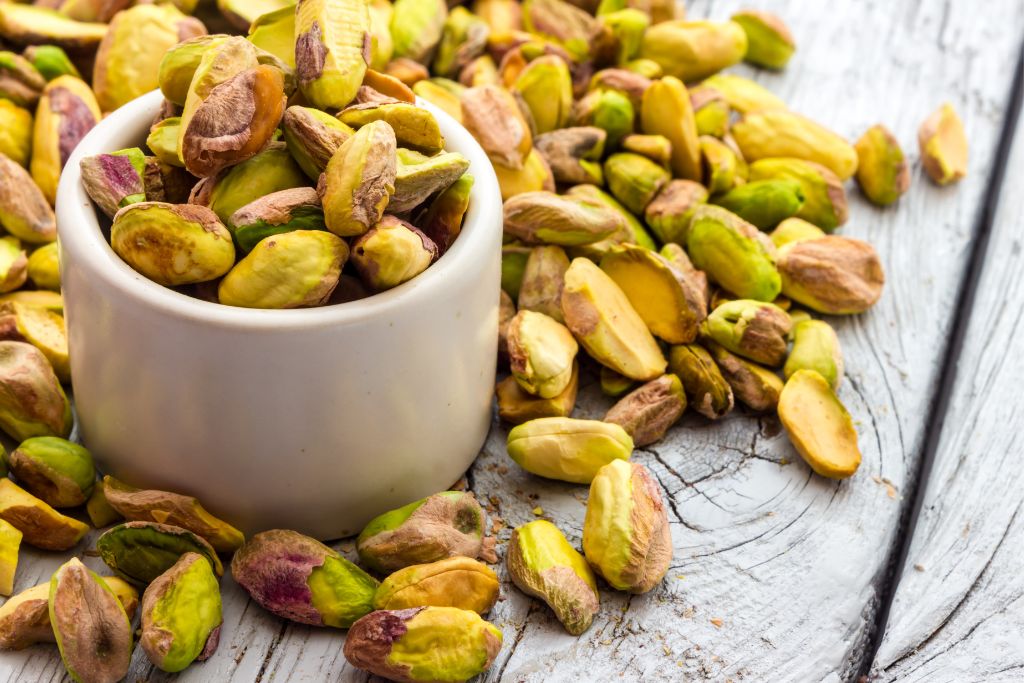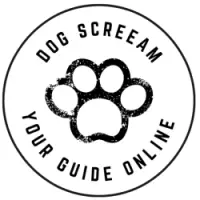Pistachio nuts are a tasty and nutritious snack that many people enjoy. However, if you have a dog, you may wonder if it is safe for your furry friend to eat pistachios. Here is what you need to know about feeding pistachios to dogs.
First, it is essential to note that pistachios are not toxic to dogs and are not known to cause serious health issues in canines. However, like any human food, pistachios should be fed to dogs in moderation and as a treat rather than a regular part of their diet.

While pistachios are not toxic to dogs, they can still pose a choking hazard, especially for smaller dogs. Pistachios have a hard outer shell that dogs may have trouble breaking, and if a dog swallows a whole pistachio, it could get stuck in its throat or digestive system. Removing the shells from pistachios before giving them to your dog to reduce the risk of choking is essential.
Additionally, pistachios are high in fat, which can cause digestive problems in dogs if they eat too many. Symptoms of fat intoxication in dogs include vomiting, diarrhea, and pancreatitis. To avoid these issues, limiting your dog’s intake of pistachios and other high-fat treats is best.
In summary, while pistachios are not toxic to dogs, it is essential to feed them in moderation and remove the shells to reduce the risk of choking. As with any treat, it is necessary to monitor your dog’s reaction and consult your veterinarian if you have any concerns.
Pistachios are a good source of protein, fiber, and healthy fats for humans, but it is important to keep in mind that dogs have different nutritional needs than people. While a small amount of pistachios as a treat is unlikely to cause any harm, they should not be a major part of a dog’s diet. It is important to remember that dogs require a balanced diet of high-quality dog food that meets their specific nutritional needs.
Pistachios can also contain small amounts of toxins that are safe for humans but potentially harmful to dogs. One example is aflatoxins, which are naturally occurring toxins produced by certain types of mold. Aflatoxins can be found in a variety of foods, including pistachios, and have been linked to liver damage in dogs. While the risk of aflatoxin poisoning from pistachios is low, it is still important to be aware of this potential issue.
In addition to the risks of choking and digestive issues, pistachios can also cause an allergic reaction in some dogs. Symptoms of an allergic reaction in dogs can include itchy skin, rash, hives, and difficulty breathing. If you suspect that your dog is allergic to pistachios or any other food, it is important to stop feeding it to your dog and consult with your veterinarian.
Overall, while pistachios are not toxic to dogs, it is important to feed them in moderation and remove the shells to reduce the risk of choking. As with any treat, it is important to monitor your dog’s reaction and consult with your veterinarian if you have any concerns. When in doubt, it is always best to err on the side of caution and stick to treats that are specifically formulated for dogs.
